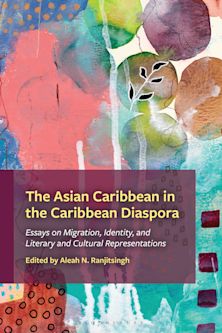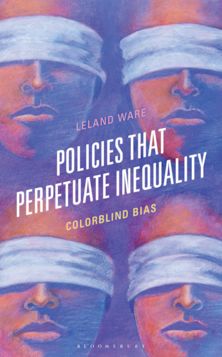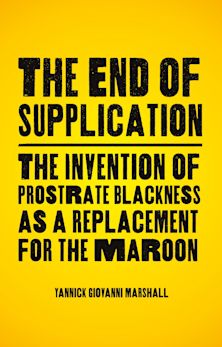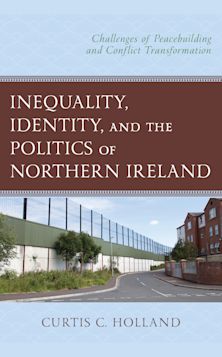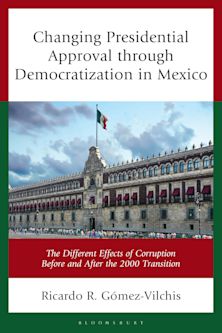Jim Crow's Legacy
The Lasting Impact of Segregation
- Textbook
Jim Crow's Legacy
The Lasting Impact of Segregation
- Textbook
This product is usually dispatched within 2-4 weeks
- Delivery and returns info
-
Flat rate of $10.00 for shipping anywhere in Australia
Description
Jim Crow’s Legacy shows the lasting impact of segregation on the lives of African Americans who lived through it, as well as its impact on future generations. The book draws on interviews with elderly African American southerners whose stories poignantly show the devastation of racism not only in the past, but also in the present.
The book introduces readers to the realities of the Jim Crow era for African Americans—from life at home to work opportunities to the broader social context in America. However, the book moves beyond merely setting the scene into the powerful memories of elderly African Americans who lived through Jim Crow. Their voices tell the complex stories of their everyday lives—from caring for white children to the racially-motivated murder of a loved one. Their stories show the pernicious impact of racism on both the past and the present. The authors use the phrase segregation stress syndrome to describe the long-term impact on physical, mental, and emotional health, as well as the unshakable influence of racism across years and generations.
Jim Crow’s Legacy takes readers on an unparalleled journey into the bitter realities of America’s racial past and shows racism’s unmistakable influence today.
Table of Contents
Chapter 1: Introduction
Chapter 2: The Reality and Impact of Jim Crow
Chapter 3: Everyday Surveillance and Racial Framing
Chapter 4: More Surveillance of Black Bodies
Chapter 5: Rape and Rape Threats: More Weapons of White Terror
Chapter 6: Coping and Resistance Strategies
Chapter 7: Fifty Years Later: Jim Crow Unwilling to Die
Product details
| Published | 13 Nov 2014 |
|---|---|
| Format | Hardback |
| Edition | 1st |
| Extent | 278 |
| ISBN | 9781442230279 |
| Imprint | Rowman & Littlefield |
| Dimensions | 234 x 162 mm |
| Series | Perspectives on a Multiracial America |
| Publisher | Bloomsbury Publishing |













